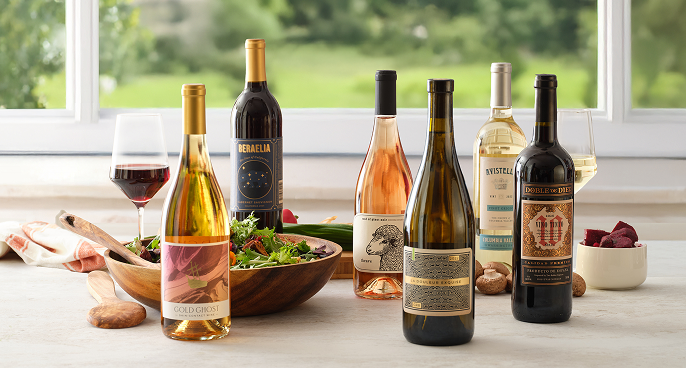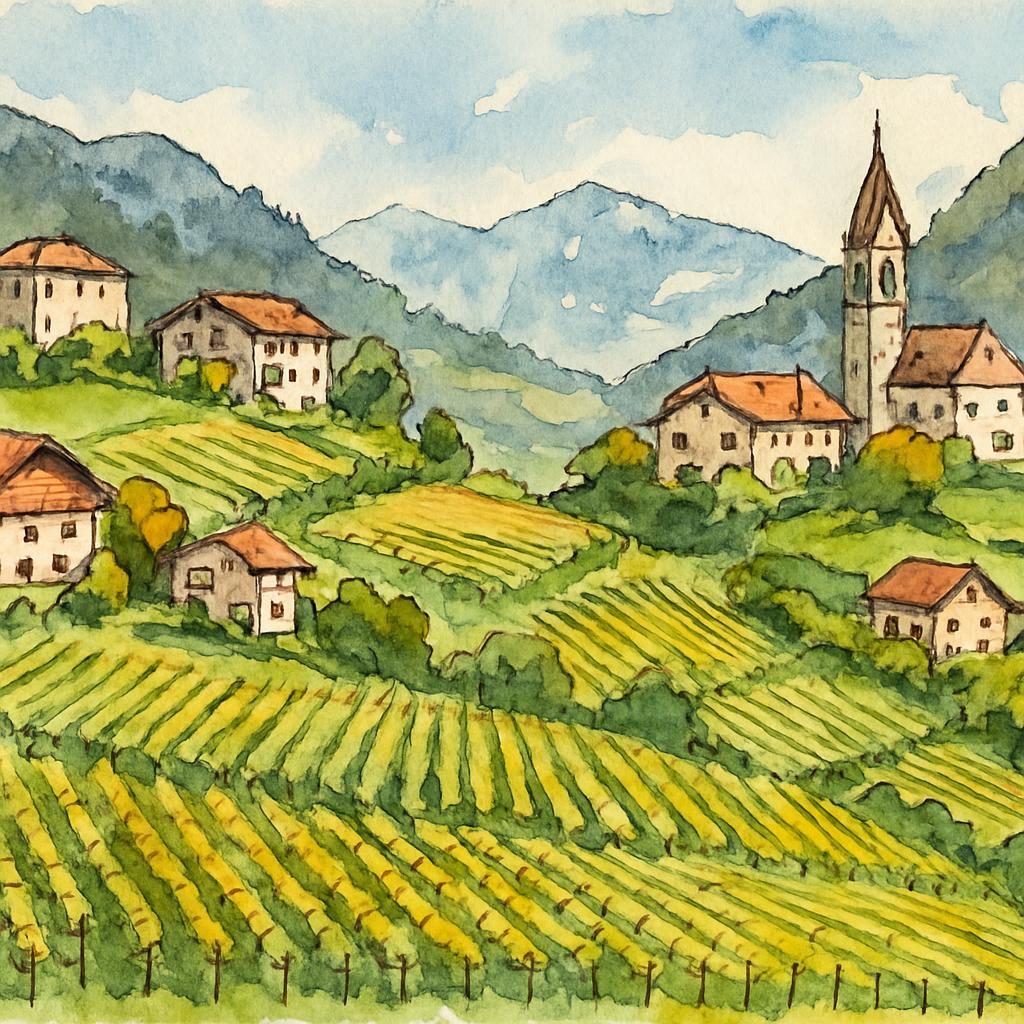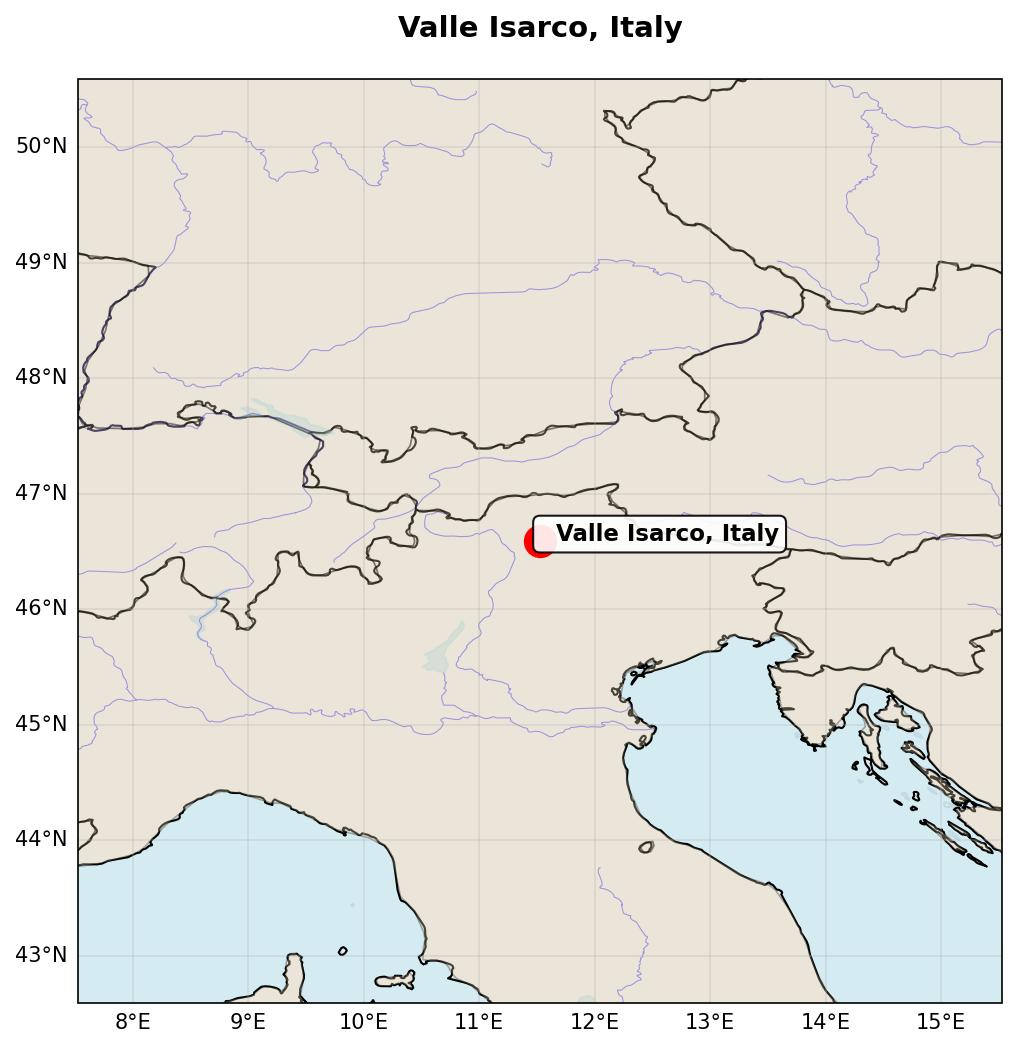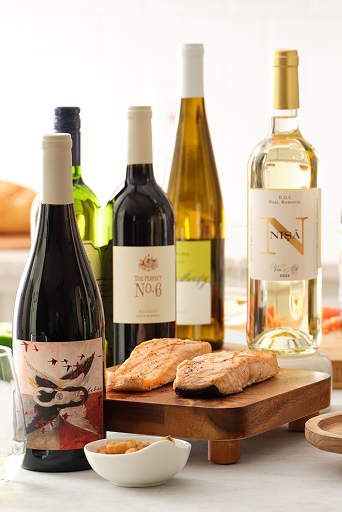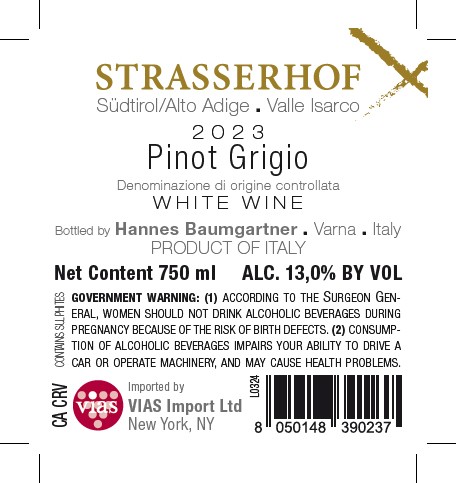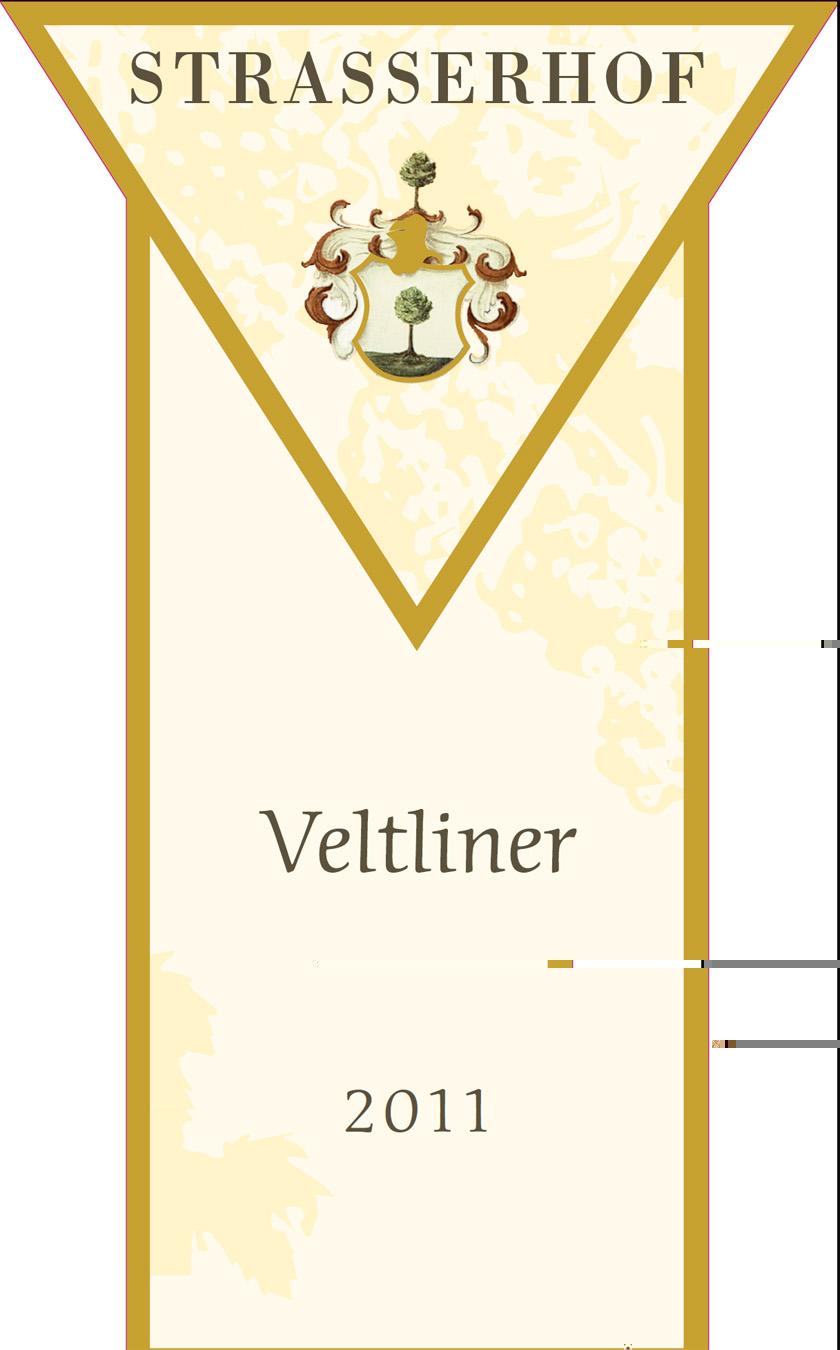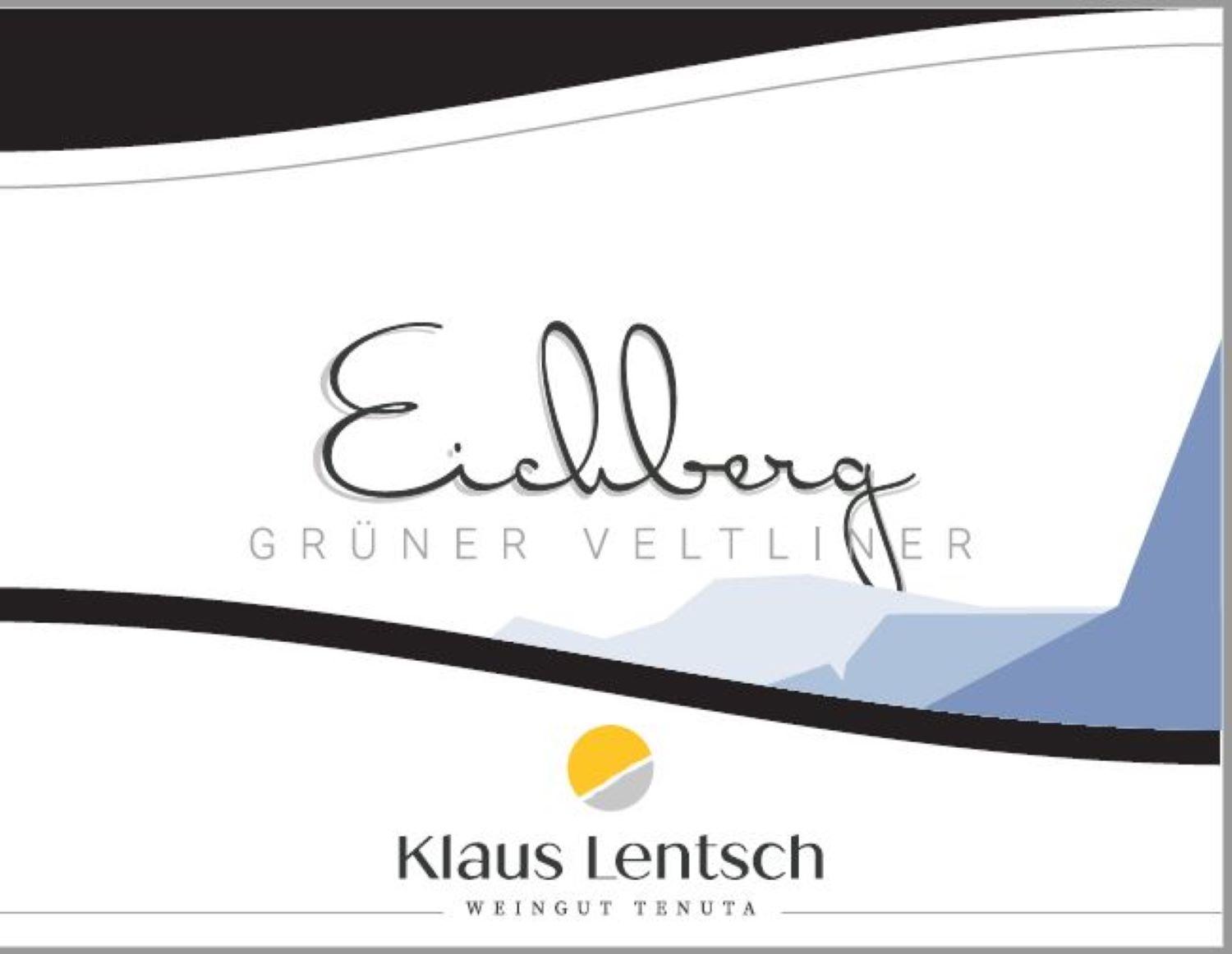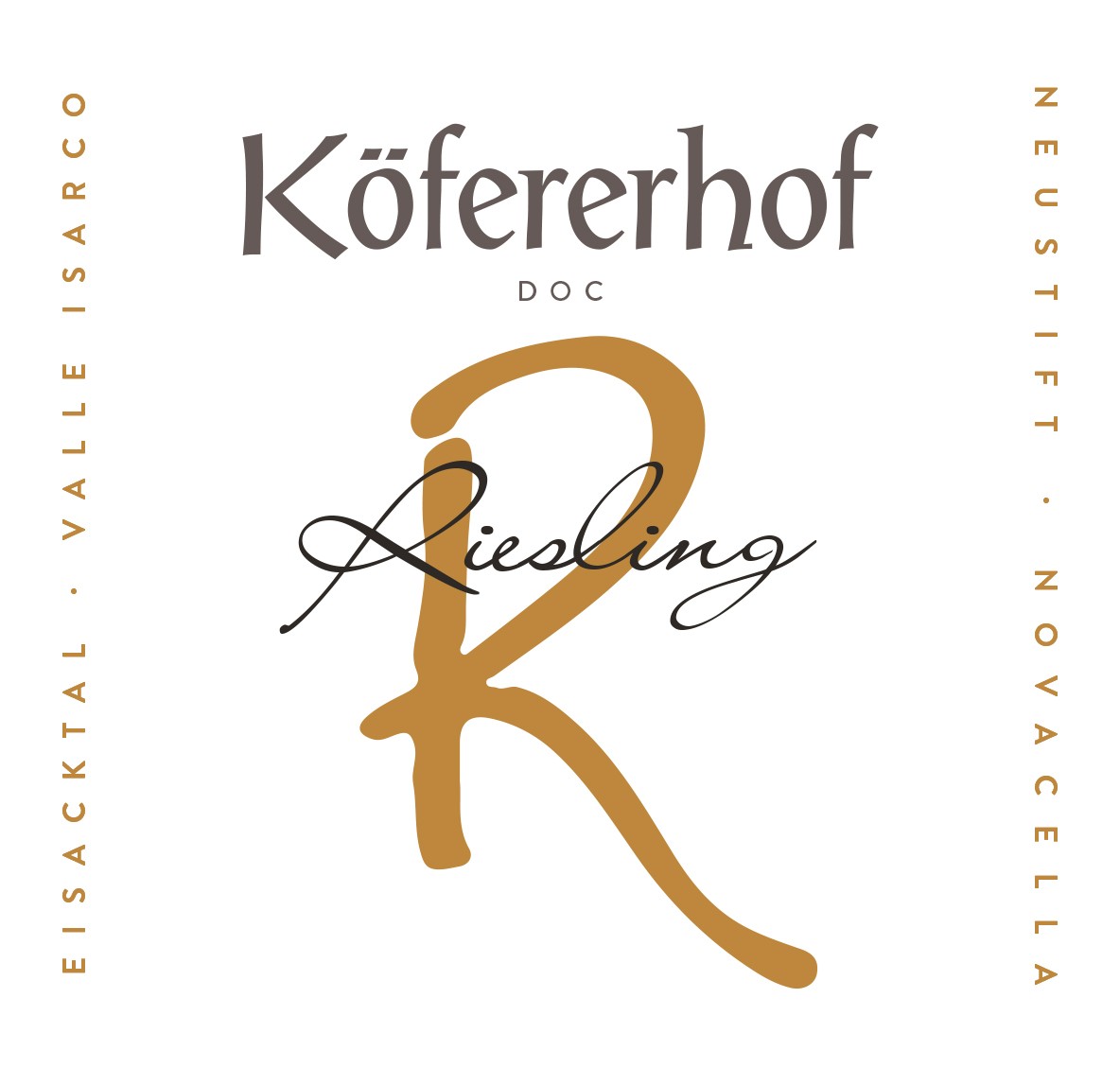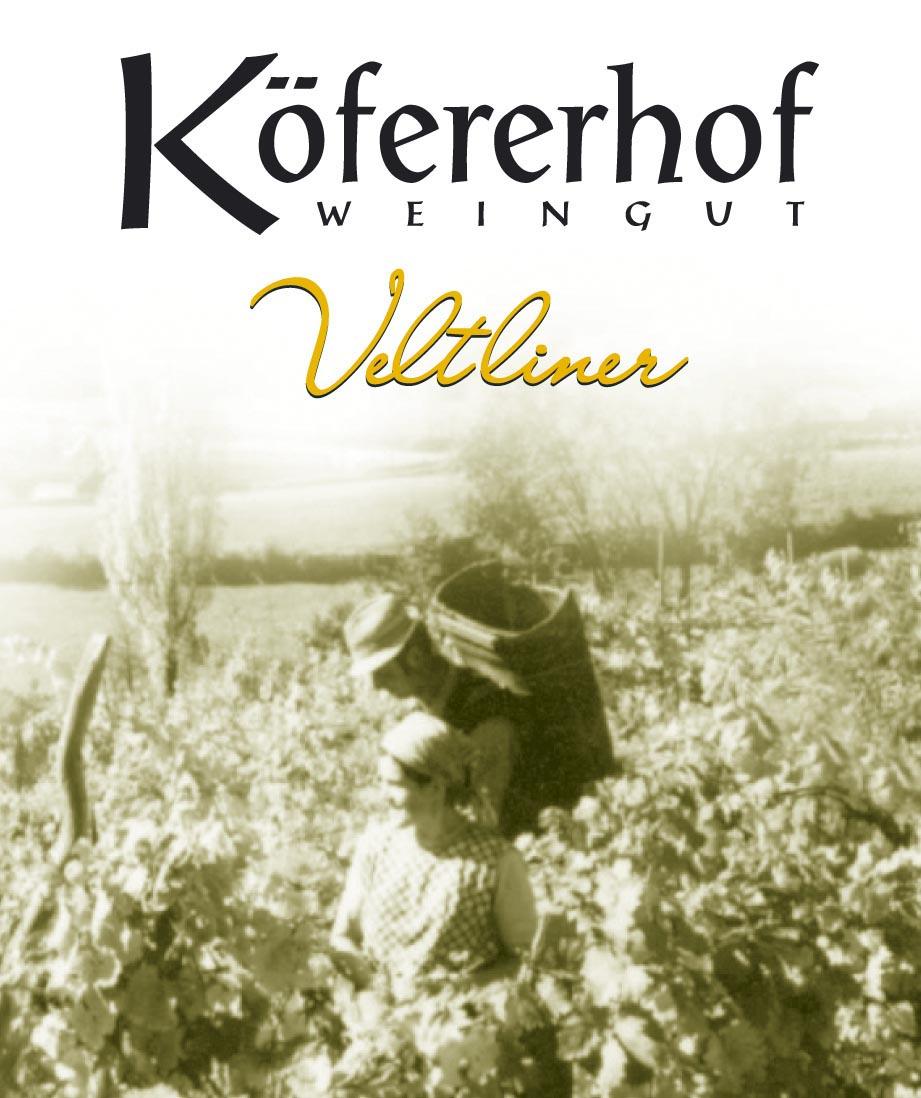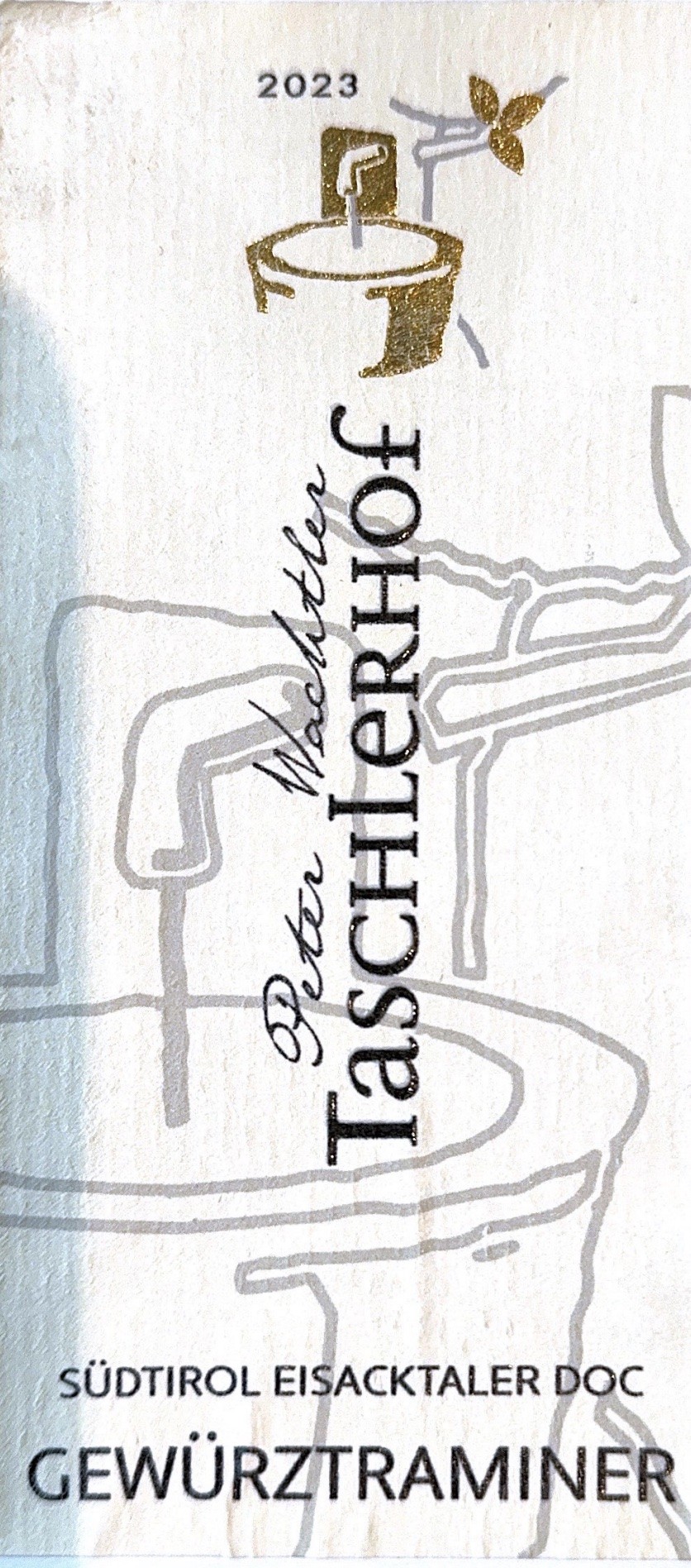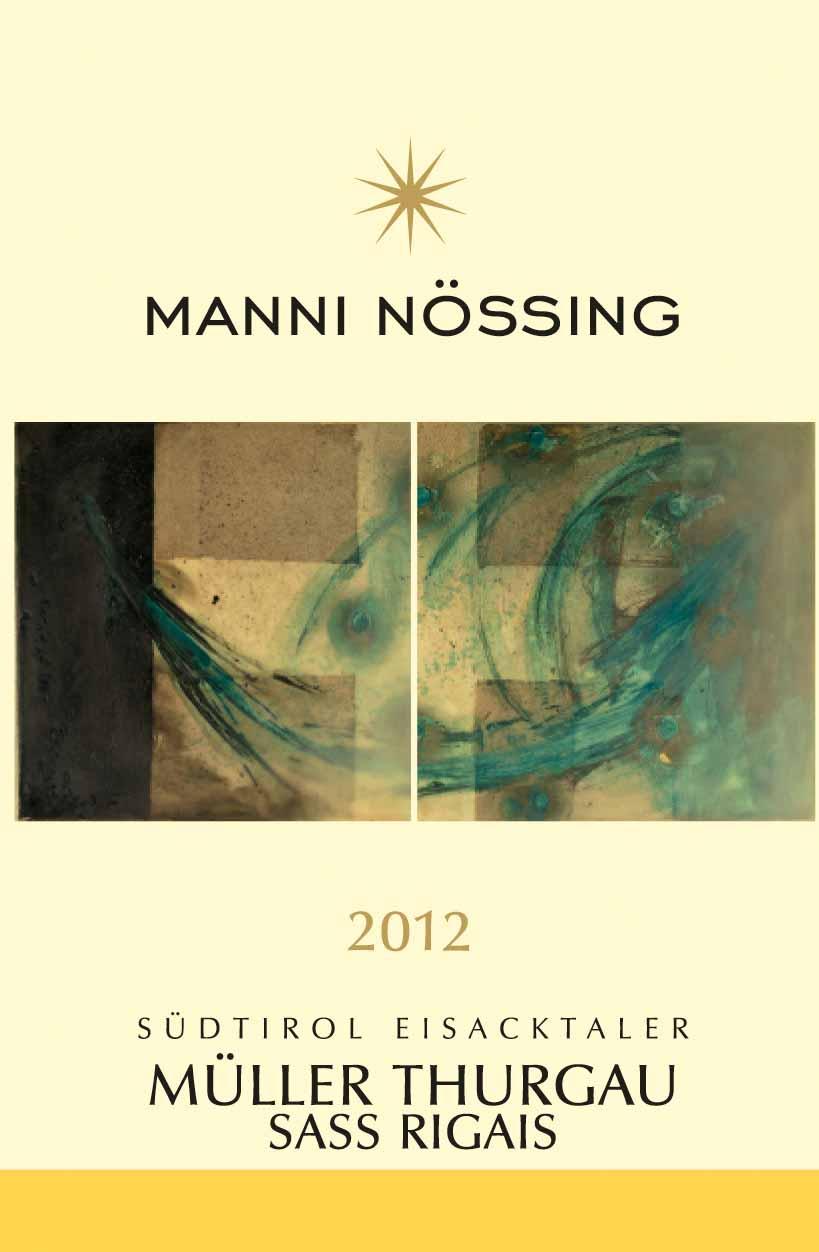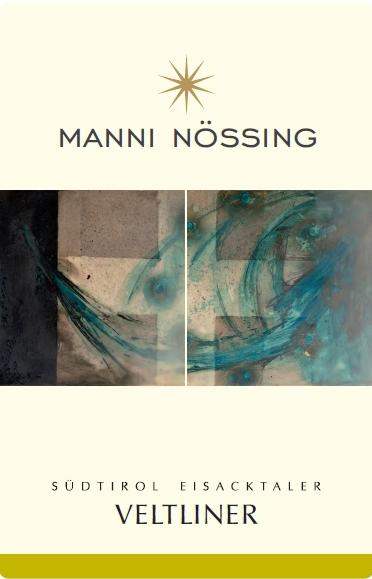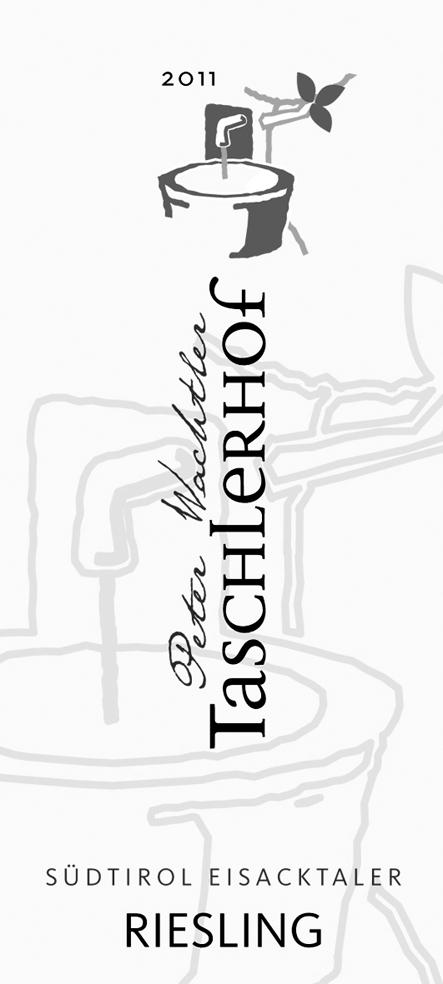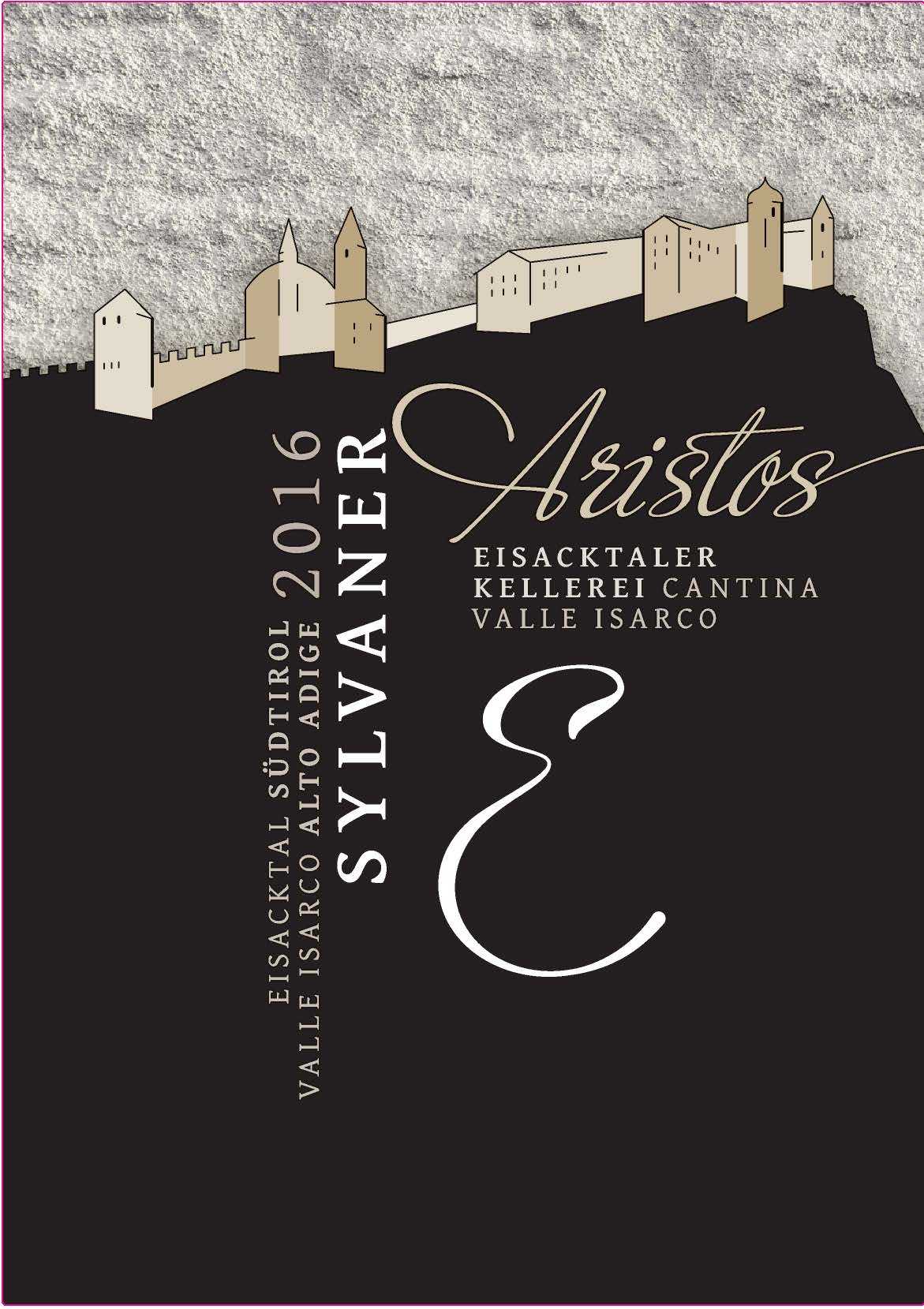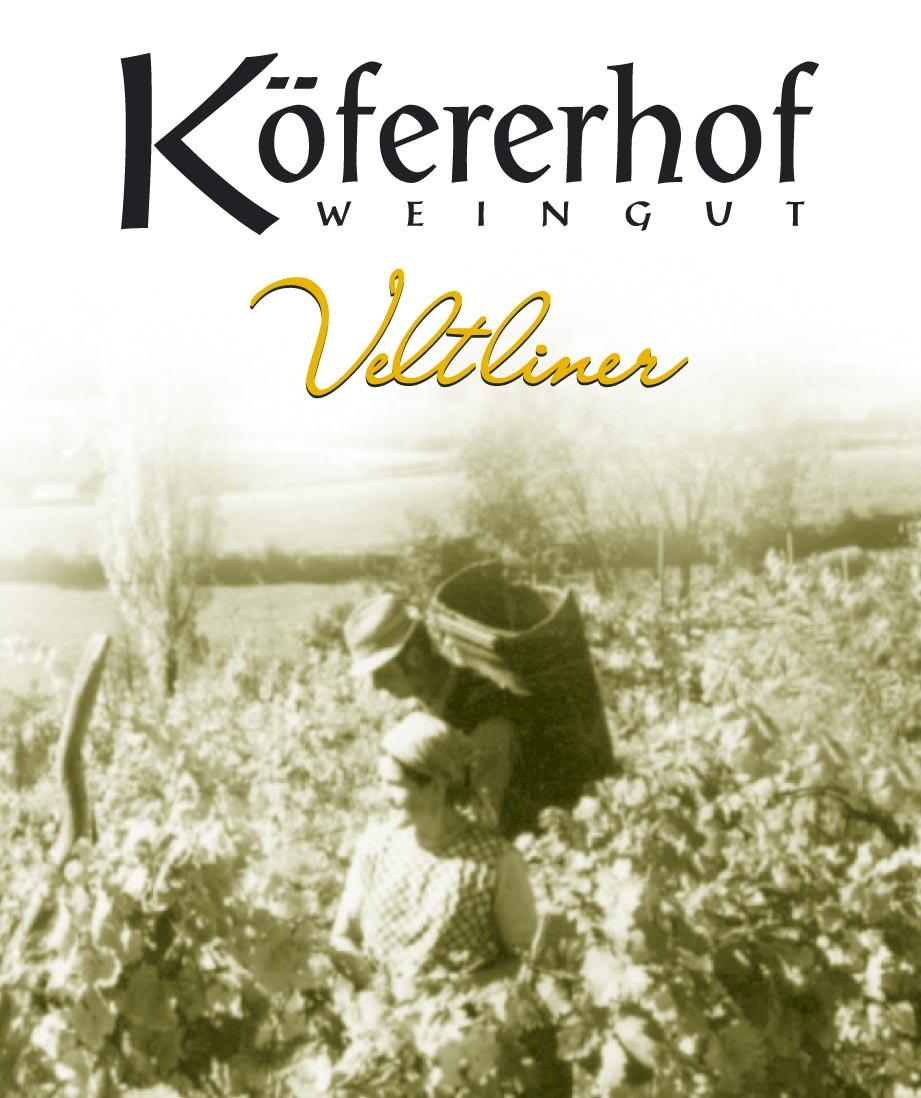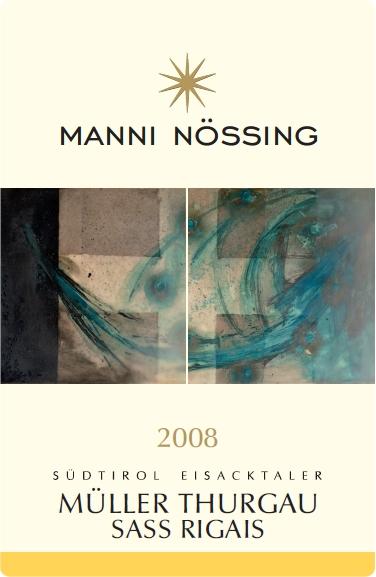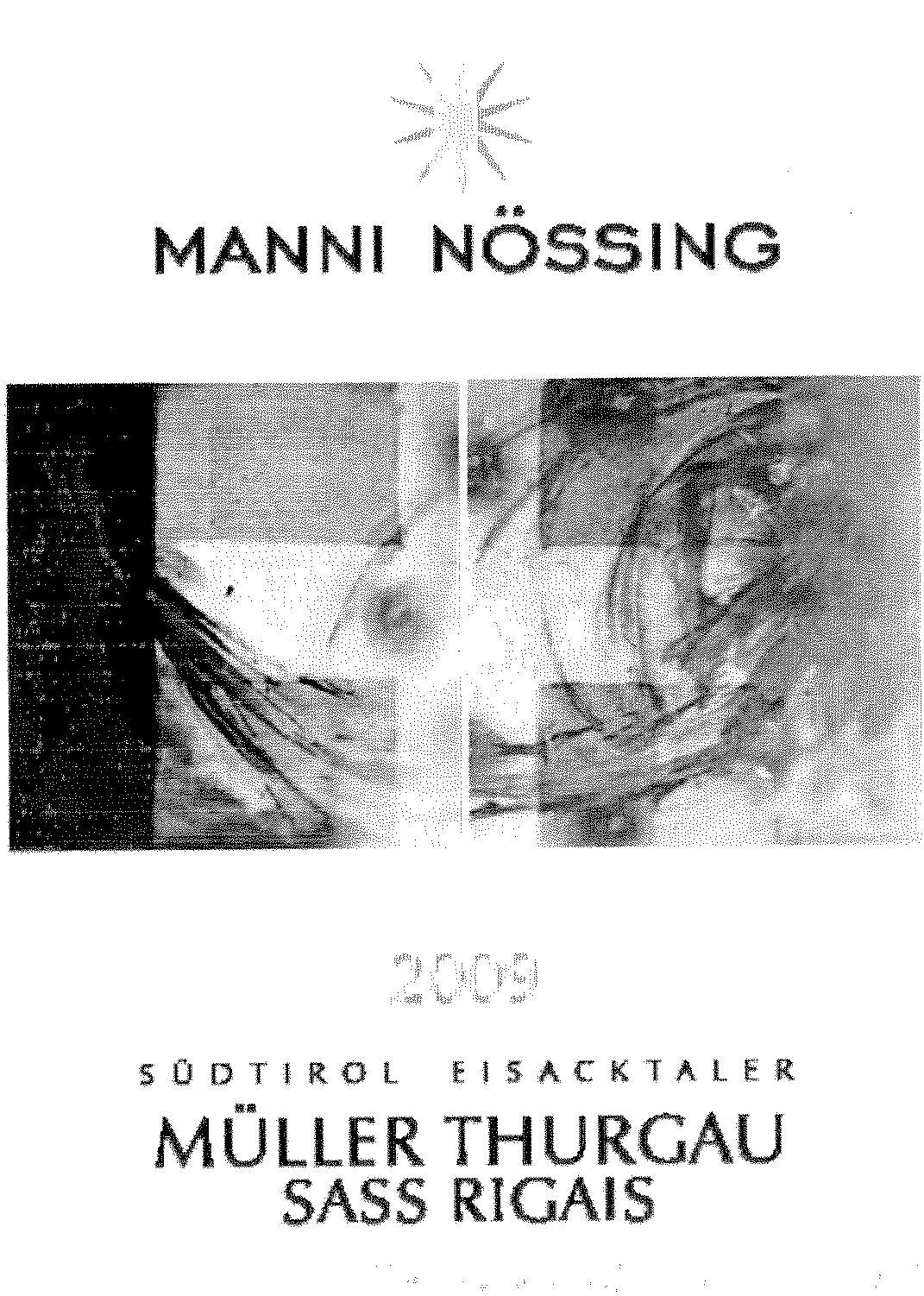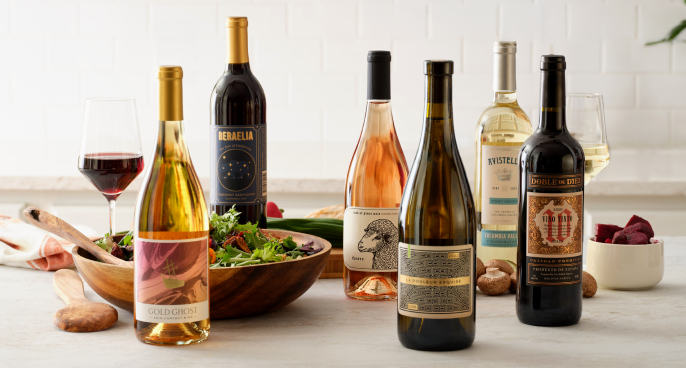Terroir of Valle Isarco
Valle Isarco’s vineyards highlight mountain viticulture with terraced, steep slopes and rocky terrain that boost sun exposure and cool nights. The soil is a unique mix of sedimentary and metamorphic origins, such as limestone, dolomite, schist, gneiss, and porphyry, offering a rich mineral base for the vines.
The region has a continental Alpine climate, among the coolest in Alto Adige, marked by warm, sunny days and cool nights. These temperature changes slow grape ripening, keeping acidity and enhancing aromas. The valley's breezes and mountains ensure steady airflow and protection from severe weather. Summers are warm and dry, while winters are cold and snowy, with spring and autumn staying relatively dry. This, along with plenty of sunshine and moisture from snowmelt and streams, creates perfect conditions for making crisp, mineral-rich wines.
Notable Wineries in Valle Isarco
Valle Isarco, though compact, is a remarkable wine region in Alto Adige, Italy, blending history and innovation. Among its notable wineries, the Abbey of Novacella stands out. This 12th-century monastery near Varna/Novacella is renowned for its white wines, especially Sylvaner, Kerner, and Riesling. Meanwhile, the Cantina Valle Isarco, a cooperative founded in 1961, processes much of the valley's grapes, producing a diverse range of varietal wines known for their fresh, mineral-rich profiles.
Boutique family wineries like Köfererhof and Pacherhof are also celebrated for their precise whites, reflecting unique terroirs. Together, these producers showcase Valle Isarco's harmonious blend of monastic heritage, cooperative strength, and artisanal mountain winemaking, making it a fascinating destination for wine lovers.
Sustainable Winemaking in Valle Isarco
Valle Isarco is at the forefront of sustainable wine production, with a strong commitment to protecting its stunning Alpine environment. Winegrowers here use integrated pest management and soil-conservation techniques to maintain the health of their steep, terraced vineyards. There's a growing trend towards organic and biodynamic practices, reducing reliance on synthetic inputs.
Water conservation remains a priority, complemented by the adoption of energy-efficient technologies in modern cellars. The use of natural yeasts and minimal sulfur in winemaking embodies a hands-off approach. Renewable energy sources, like rooftop solar panels, are becoming more common, alongside precision viticulture techniques. These efforts underline the region's dedication to preserving its unique terroir while crafting crisp, mineral-rich wines.
Wine Tourism in Valle Isarco
Valle Isarco, with its dramatic Alpine backdrop, offers a captivating wine tourism experience. Between Bressanone/Brixen and Chiusa/Klausen, visitors can explore tasting rooms and rustic taverns nestled on vineyard slopes. The historic Abbey of Novacella provides engaging cellar tours, blending wine with culture.
Nearby, family-owned estates offer guided tastings and agriturismo experiences, pairing Tyrolean dishes with local Sylvaner and Kerner wines. Seasonal events like wine festivals and vineyard walks enrich the visit, often concluding with meals featuring regional specialties.
Outdoor enthusiasts can combine wine exploration with skiing at Plose or cycling through vineyard paths. The region's medieval castles, Romanesque churches, and charming Alpine villages enhance the allure, making Valle Isarco a must-visit for those seeking breathtaking views, rich history, and authentic local flavors.

